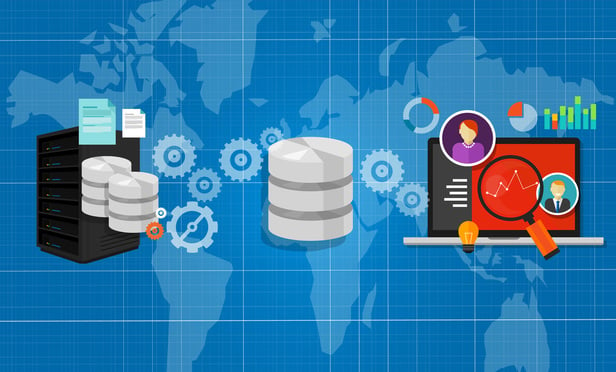Artificial intelligence’s (AI) entrance into any profession often features an odd mixture of ominous predictions from affected workers and executives extolling the virtues of ‘innovation,’ ‘change,’ and whatever other flashy, vague adjectives apply to the situation. Yet between the hype and horror lies a more moderate, less sexy truth that proceeds on a slower trajectory than vocal pro-and-opponents would have you believe.
The future has a way of creeping up on us, and the same can be said (unsurprisingly) for its movement into the legal industry. For while many were debating how much AI could really help legal tasks, let alone just what exactly AI actually is, technologists, vendors and lawyers with foresight were eagerly moving forward. And before we knew it, the adoption of AI-infused legal technology began its transition from the exception to the norm.
This content has been archived. It is available through our partners, LexisNexis® and Bloomberg Law.
To view this content, please continue to their sites.
Not a Lexis Subscriber?
Subscribe Now
Not a Bloomberg Law Subscriber?
Subscribe Now
LexisNexis® and Bloomberg Law are third party online distributors of the broad collection of current and archived versions of ALM's legal news publications. LexisNexis® and Bloomberg Law customers are able to access and use ALM's content, including content from the National Law Journal, The American Lawyer, Legaltech News, The New York Law Journal, and Corporate Counsel, as well as other sources of legal information.
For questions call 1-877-256-2472 or contact us at [email protected]



